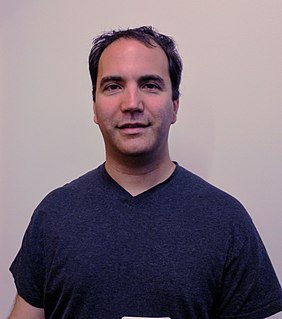A Quote by Ari Shaffir
I never had good grades until I dropped out of religion. And then suddenly, my grades went up.
Related Quotes
I grew up in a very small, close-knit, Southern Baptist family, where everything was off-limits. So I couldn't wait to get to college and have some fun. And I did for the first two years. And I regret a lot of it, because my grades were in terrible shape. I never got in serious trouble, except for my grades.
My grades in high school were not very good. I was that kind of perfectionist that figured if you can't do it perfectly, why do it at all? So my grades weren't great, but I feel like, is there any other way that I could have gotten into NYU? I don't know. I think that it definitely worked in my favor in some ways.

































